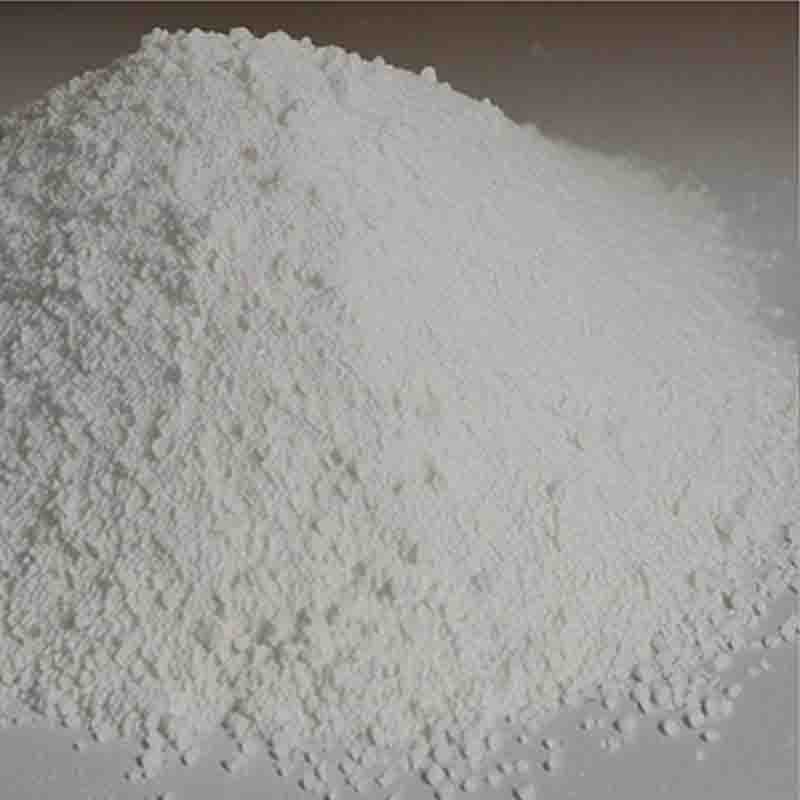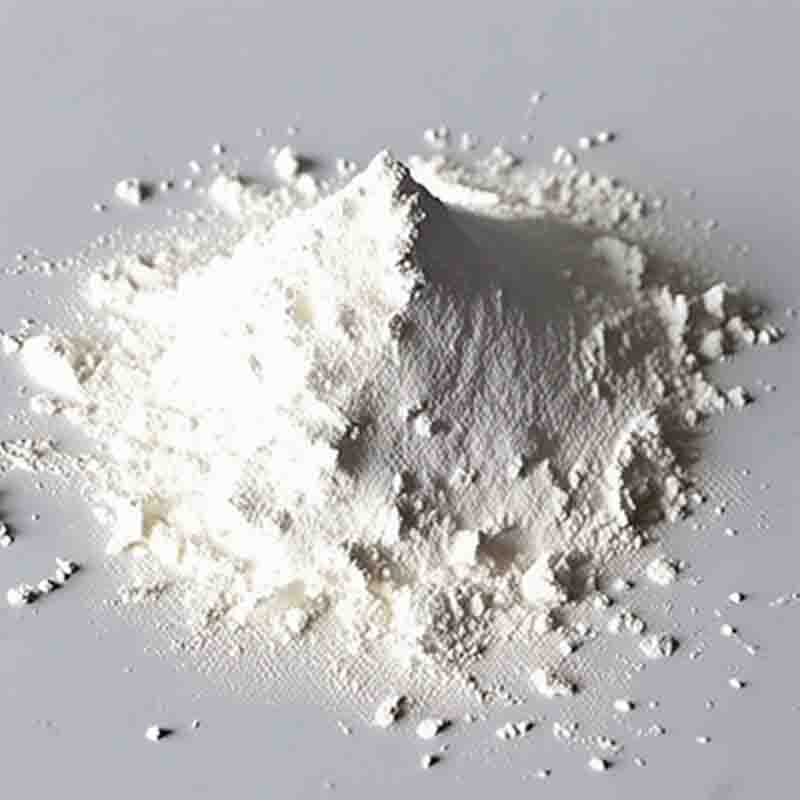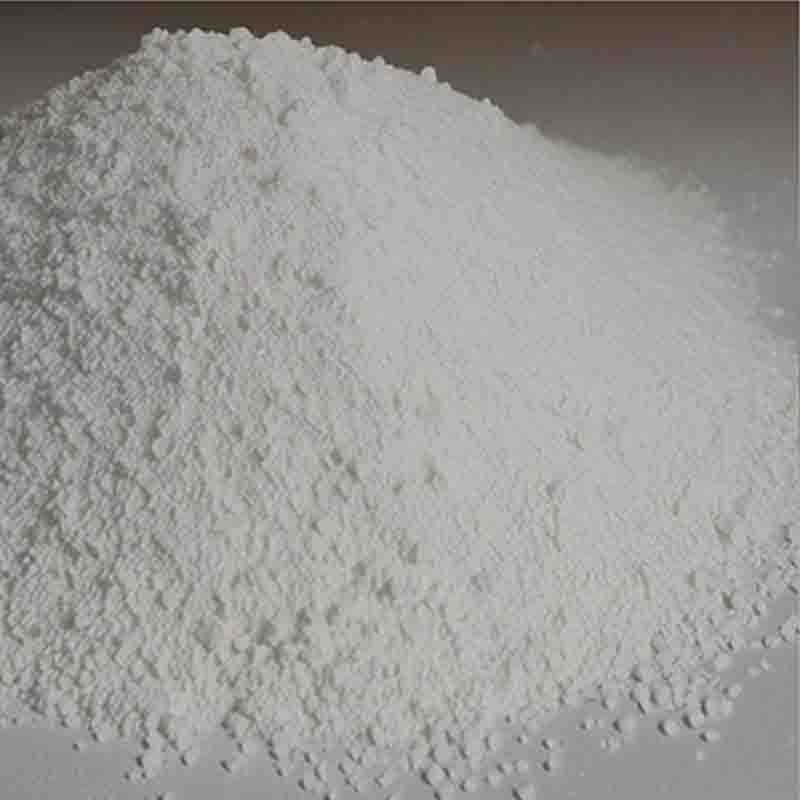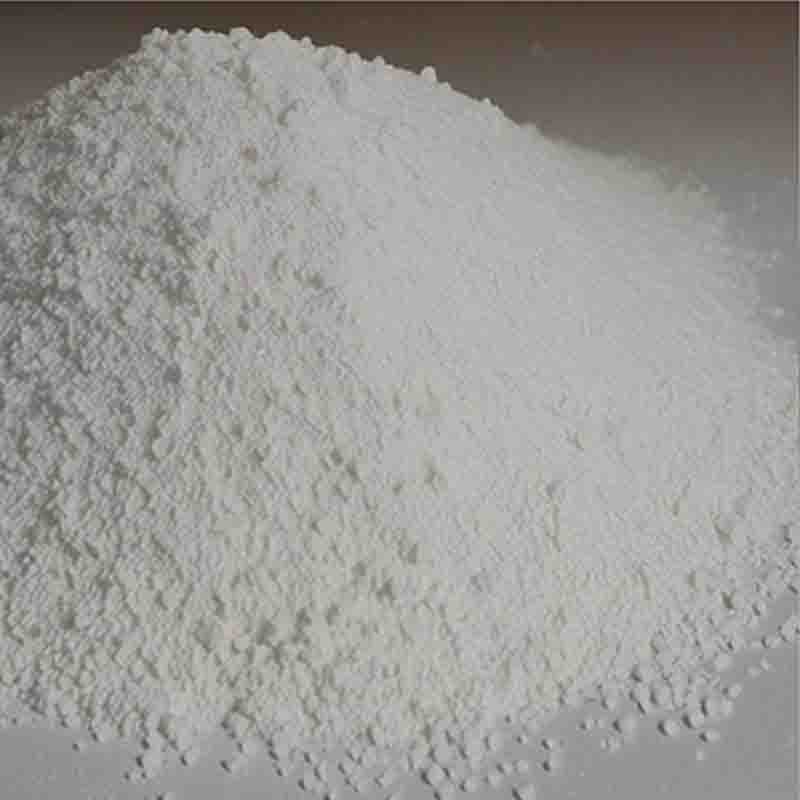5-methyl-1,3,4-oxadiazole-2-carboxylicacidpotassiumsalt CAS:888504-28-7
| Catalog Number | XD95393 |
| Product Name | 5-methyl-1,3,4-oxadiazole-2-carboxylicacidpotassiumsalt |
| CAS | 888504-28-7 |
| Molecular Formula | C4H3KN2O3 |
| Molecular Weight | 166.18 |
| Storage Details | Ambient |
Product Specification
| Appearance | White powder |
| Assay | 99% min |
The compound 5-methyl-1,3,4-oxadiazole-2-carboxylic acid potassium salt, also known as MOC-K, is a chemical compound that exhibits various effects and is of interest in pharmaceutical research. Here are some potential effects of MOC-K:Anti-inflammatory activity: Research has shown that MOC-K possesses anti-inflammatory properties. Inflammation is a key factor in many diseases, including arthritis, asthma, and cardiovascular diseases. MOC-K has demonstrated the ability to inhibit the production of pro-inflammatory mediators, thereby reducing inflammation. This effect suggests that MOC-K may have potential applications in the development of novel anti-inflammatory drugs.Antimicrobial activity: MOC-K has also shown antimicrobial activity against a range of microorganisms. In vitro studies have indicated inhibitory effects against both gram-positive and gram-negative bacteria, as well as certain fungi. This suggests that MOC-K could be explored as a potential antimicrobial agent for the treatment of infections caused by these organisms.Antioxidant properties: Antioxidants play a crucial role in protecting the body against oxidative stress, which is implicated in various diseases, including cancer, cardiovascular disease, and neurodegenerative disorders. Initial studies have indicated that MOC-K has antioxidant activity. By scavenging free radicals and inhibiting oxidative damage, MOC-K may have potential as an antioxidant agent.Neuroprotective effects: Some research suggests that MOC-K may have neuroprotective effects. Neurodegenerative diseases, such as Alzheimer's and Parkinson's, are characterized by the progressive loss of neurons. MOC-K has shown the ability to protect neurons from damage in experimental models and may have potential therapeutic applications in the prevention or treatment of neurodegenerative diseases.Anti-diabetic effects: Studies have indicated that MOC-K exhibits anti-diabetic effects by improving glucose metabolism and reducing insulin resistance. MOC-K has been shown to enhance glucose uptake and utilization in cells, which is beneficial in managing diabetes and related metabolic disorders.It is important to note that further research is needed to fully understand and validate the effects of MOC-K. Additionally, the compound's potential side effects and toxicity should be thoroughly evaluated before considering its use in clinical settings.









